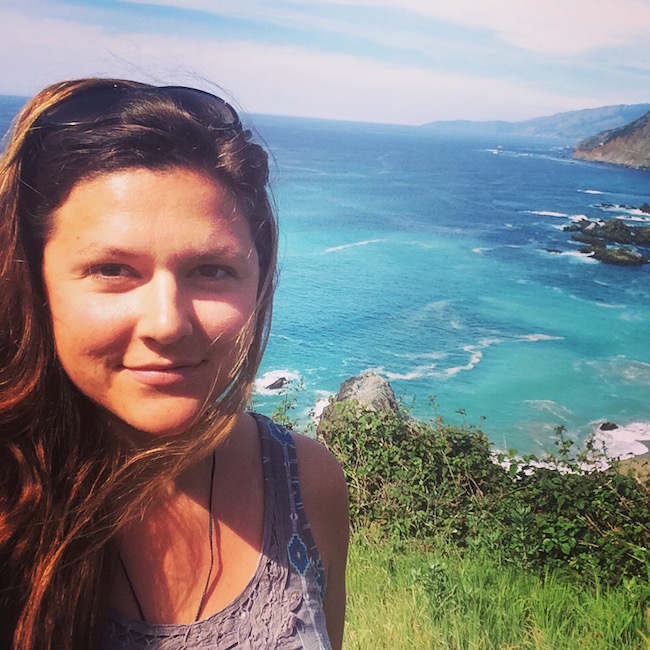The following is a UCSB GradPost article written by Kyle Crocco, posted May 8, 2015, titled “Graduate Student in the Spotlight: Karly Miller, Fulbright Scholar, Shows the Power of Listening”:
Third-year marine science doctoral candidate Karly Miller has wanted to study the ocean for as long as she can remember. Her desire to learn more about the ocean led her across the globe to places as far flung as New Zealand, Ecuador, and Peru. She went on to be selected to represent the United States as a Fulbright Scholar for the 2015-2016 academic year, studying the interactions between tourism and artesanal fisheries in Bahia Malaga on the Pacific Coast of Colombia.
Reading about her passion to study the ocean, you might have guessed Karly grew up in Hawaii, California, or another coastal habitat. But you would be wrong. She grew up in Cincinnati, Ohio. To make up for the lack of an ocean front view in Ohio, she started diving in quarries as a teenager. By 18, she had become a divemaster, and at age 20 she was certified as an Open Water Scuba Instructor.
Karly’s journey to study the ocean really started when she won a McNair scholarship and attended the University of South Carolina, where she earned a BS in Marine Science and a minor in Environmental Studies and Spanish in 2009. While there, she did a summer abroad in Ecuador and a semester in New Zealand. Later, she earned certificate studying Geography and the Environment at the Pontificia Universidad Catolica del Peru in 2011.
I met Karly at the Coral Tree Café to talk about her life as a graduate student and her research as a Fulbright scholar. We sat outside and she told me about the book that changed the way she thought about the oceans, the importance of listening, and also about how she ended up as a summer Wildfire Education & Prevention Corps Volunteer in North Dakota.
Interview question: Let’s start with your research. What are you doing exactly? Answer: I study how tourism development affects the social and ecological importance of fisheries in coastal subsistence-based communities. People and the environment are inextricably linked and I’m interested in studying how changes in the community and development affect these relationships in coastal settings. [Read the rest here.]
Editor’s note: Many thanks to Geography grad student Daniel Ervin and Professor David Lopez-Carr (one of Karly’s PhD advisors) for bringing this material to our attention.




